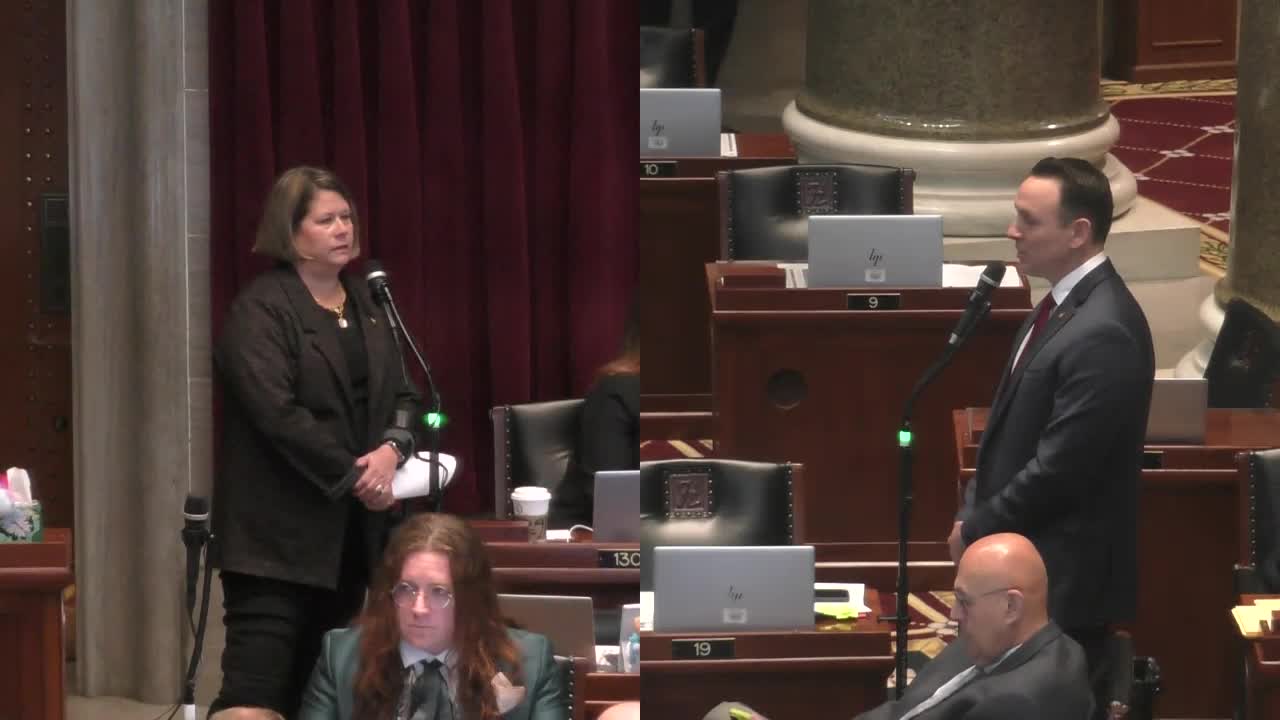Article not found
This article is no longer available. But don't worry—we've gathered other articles that discuss the same topic.

House votes to shorten personal-injury statute of limitations for future claims, adopts extension for child-abuse filing window

Missouri House advances bill shielding pesticide makers from certain "failure to warn" claims; emotional floor debate

